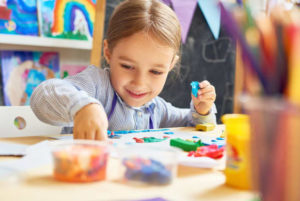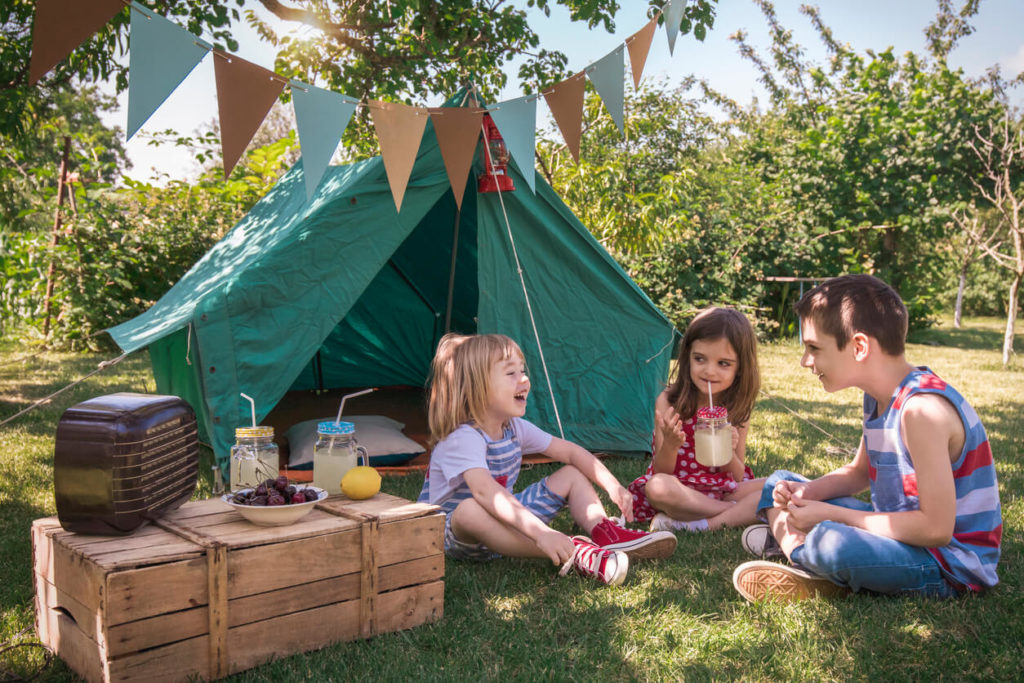Find out if you could be a foster carer
In a few simple questions, you’ll know if you’re suitable to apply to become a foster carer.
Children and their families across the UK will celebrate in the joy of play in recognition of this year’s National Playday. Playday promotes the importance of play and it’s many benefits to a child’s wellbeing, their ability to make friendships, and how they make sense of the world around them.
Traditionally taking place annually on the first Wednesday in August, Playday is a chance for children of all ages and their families to come together to recognise a child’s right to play.
The concept of Playday began in the mid-eighties, when a group of London based playworkers became concerned that the playcentres and playgrounds children were using were facing closure.
It began as an opportunity to raise awareness of play services being at risk and to drum up support from local boroughs. Soon after, Playday became a nationally recognised day of celebration and is now the most notable nationwide celebration of children’s play in the UK.
It is a campaign which shows how vital the act of play can be as not only a nostalgic pastime, but also key role play it can have in giving children fundamental social skills and emotional resilience. This sets them up for the challenges they’ll face as they try and adapt to life in school and beyond.

If you think back to your childhood, many of your fondest memories will likely include an element of play.
Building sandcastles on the beach before the tide comes in to imagining you’re a superhero climbing a city building as you navigated the climbing frame of a playground. These are just two examples of how play is an intrinsic part of growing up, influencing our personality, imagination and creativity, and how well we form friendships.
While modern-day life routines increasingly allow less time for play activities, it is important that rising social media, TV and video game use doesn’t detract from a child’s opportunities to learn core life skills that play can provide.
Listed below are some of the ways in which play can influence many areas of a child’s development:
Play encourages children to interact with others, and can be a great way to break the ice when they are trying to settle into a new school or build relationships with children and adults in their life.
Playing can enhance a child’s confidence in their abilities, as well as activate the creative part of their brain. It also teaches patience through problem-solving, which helps them better adjust to the increased stresses and responsibilities they will encounter as they grow older.
Particularly if they are playing outdoors, play can become increasingly active as a child gets older. Whether they are playing hopscotch or tag in the playground or playing football, play can improve their physical wellbeing as well as how they feel emotionally.
Play allows children to learn more about the world around them and will often imitate what they see around them. Role-playing games such as mimicking job roles of adults, whether ‘cooking’ with toy frying pans or ‘building a house’ with plastic building blocks, giving them a basic sense of identity which forms the basis of community.
“Play is an intrinsic part of any therapeutic process with children and young people.’
“When children have been through difficult early life experiences play allows them to trust, to connect and to grow at a pace and in a way that is not intrusive or controlling.’
“The act of playing with another whether it is with an adult or child supports development at every level and allows both children and adults to work through trauma, learn how to have relationships and begin to feel and show different types of feeling.’
“Most importantly, play allows children and adults to learn how to have fun.”
Debra, Therapeutic and Practical Support Services (TAPSS) Co-ordinator at Fostering Solutions North West
Especially with pre-school children and primary aged kids, learning and play tend to occur at the same time. This reinforces the idea that building their knowledge can be fun, and isn’t limited to what they can learn within the classroom walls or how they do on their test scores.

If you want to take part in National Playday, there are hundreds of community organised events coordinated by Play England, Play Wales, Play Scotland and PlayBoard Northern Ireland happening throughout the day.
Whether you are looking for a small town or village green play event, a woodland based adventure or a larger festival in parks and open city spaces, you will find the ideal way of embracing play that suits you and your children.
Find your nearest Playday event and celebrate the art of play with thousands of other children and their families.